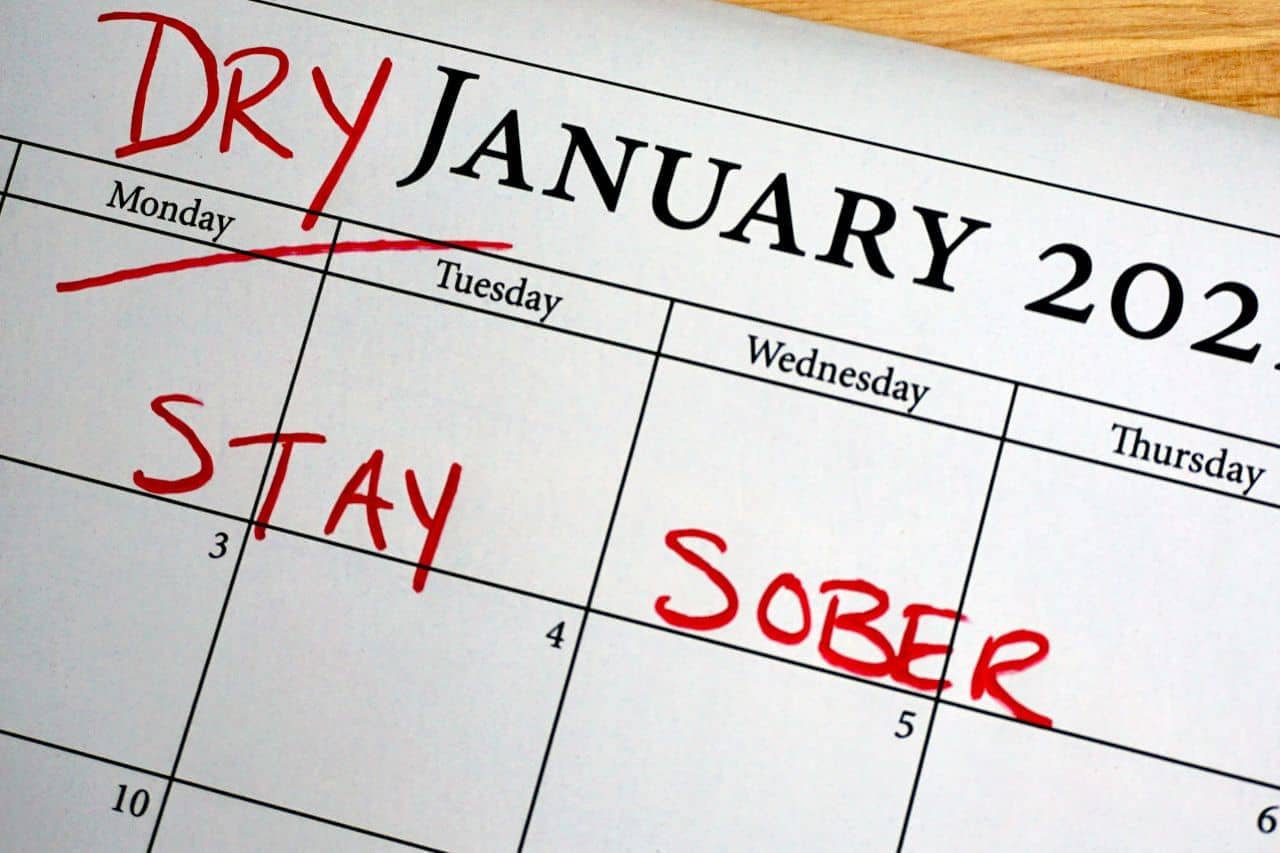Strep Throat vs. Sore Throat: How to Know the Difference

Many physical and environmental conditions can cause a sore throat, including dry air, allergens, cigarette smoke, chemicals, viral infections (like colds), and postnasal drip. Typically, a sore throat will go away on its own in three to seven days or after you remove yourself from an environmental cause.
However, a sore throat can also result from strep throat, which is a bacterial infection. It gets its name from the Streptococcus bacteria that causes it. Strep throat is easily spread from person to person and can lead to more serious conditions like tonsil and sinus infections and rheumatic fever.
Consequently, it’s essential to determine whether you have strep throat to avoid infecting others.
Signs of Strep Throat
Your doctor can perform a quick, painless test to determine if you have strep throat. However, you’ve got to decide whether to see your doctor.
What does strep throat look like and feel like? Here are some strep throat symptoms you should be aware of:
- Sudden sore throat
- Red tonsils with white spots
- Pain when swallowing
- Red spots on the roof of the mouth
- Fever
- Swollen thyroid
- Loss of appetite
- Headache
- Abdominal pain
- Rash
- Body aches
Some people find it helpful to look at strep throat pictures online and compare the appearance of their mouth and throat. You should contact your doctor if you experience any of the symptoms above, particularly if they occur without a cough.
How Your Doctor Diagnoses and Treats Strep Throat
If your doctor suspects strep throat, there are two tests they can use to confirm the diagnosis. A rapid swab test can render results in minutes. Your doctor simply dabs the back of your throat with a cotton swab and tests for the presence of strep bacteria.
The second option, a throat culture, takes up to two days to return results but can pick up traces of bacteria that a rapid swab test may miss.
If you test positive for strep throat, your doctor will prescribe antibiotics, such as penicillin or amoxicillin, to help reduce healing time, ease symptoms, and minimize the risk of spreading the infection to others. Treatment also prevents strep throat from leading to more serious ailments.
It’s crucial that you take your complete course of antibiotics (meaning you take all that your doctor prescribed), even if you begin to feel better while you still have medication left. It’s also important that your doctor never prescribes antibiotics for a viral infection. They aren’t designed to address viruses and taking them can cause antibiotic resistance and make future antibiotic treatment less effective.
How to Prevent Strep Throat
There’s no vaccine for strep throat. The best thing you can do to keep yourself from getting strep throat and other illnesses is to wash your hands thoroughly and frequently. That includes when returning home after being out in public. You should also avoid sharing foods and beverages with others.
If you know someone who has strep throat, it’s best to limit contact with them until they’ve recovered. If you have strep throat, a cold, the flu, etc., be sure to cover your mouth when coughing and sneezing.
Get Tested and Treated for Strep Throat at Baptist Health
If you think you may have strep throat, contact your doctor. If you don’t have a Baptist Health physician, you can find one using our online provider directory. And if you need to see a doctor when your primary care provider isn’t available, you can visit a Baptist Health Urgent Care Clinic.
Next Steps and Useful Resources
10 Home Remedies For A Sore Throat
Strep Throat: Your Questions Answered
10 Common Urgent Care Procedures



